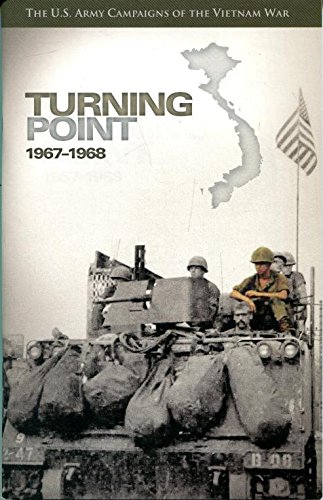The A Shau Valley is a rugged, remote passageway near the border of Laos and the Ho Chi Ming Trail in Thua Thien province. It runs north and south for twenty-five miles. It's low, mile-wide, flat bottomland is covered with tall elephant grass and flanked by two strings of densely forested mountains that vary from three to six thousand feet. Because of its forbidden terrain and remoteness - and the fact it was usually hidden from the air by thick canopy jungle and fog and clouds - it was a key entry point during the Vietnam War for the People's Army of Vietnam (PAVN) for bringing men and materials in support of military actions around Hue to the northeast and Da Nang to the southwest. To stop the flow of hardware, food, and soldiers coming through the A Shau Valley, a number of bitter battles were waged by the American Army and Marines. So fierce was the fighting that any veteran who fought there earned a mark of distinction among other combat veterans. But once the Americans...










